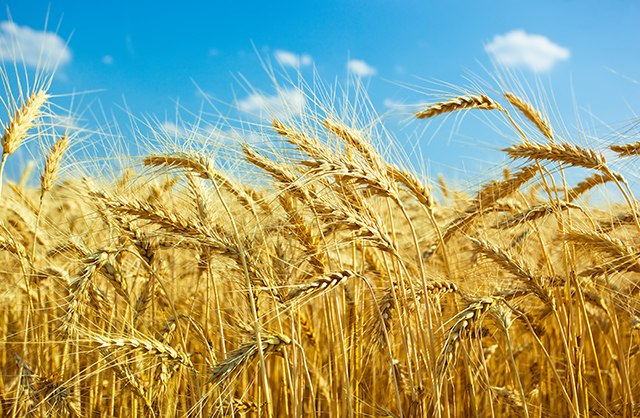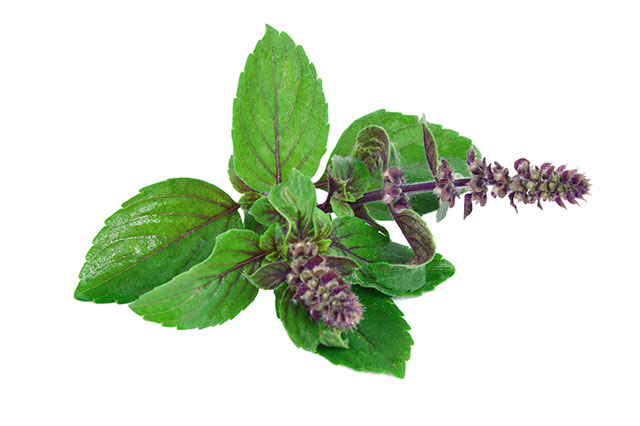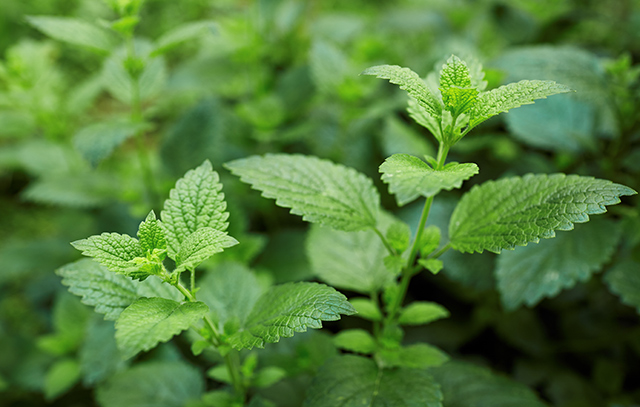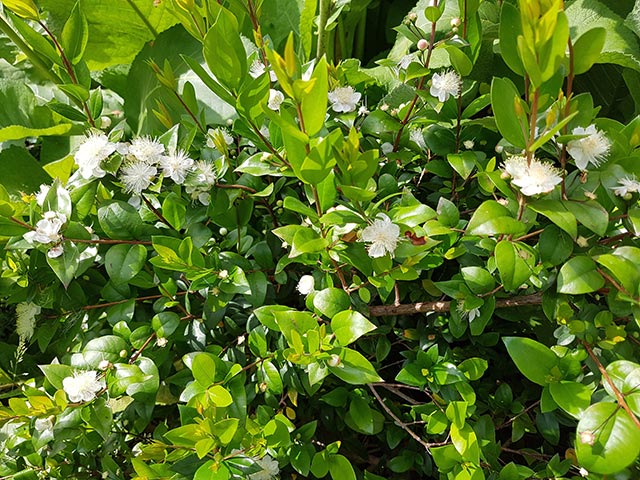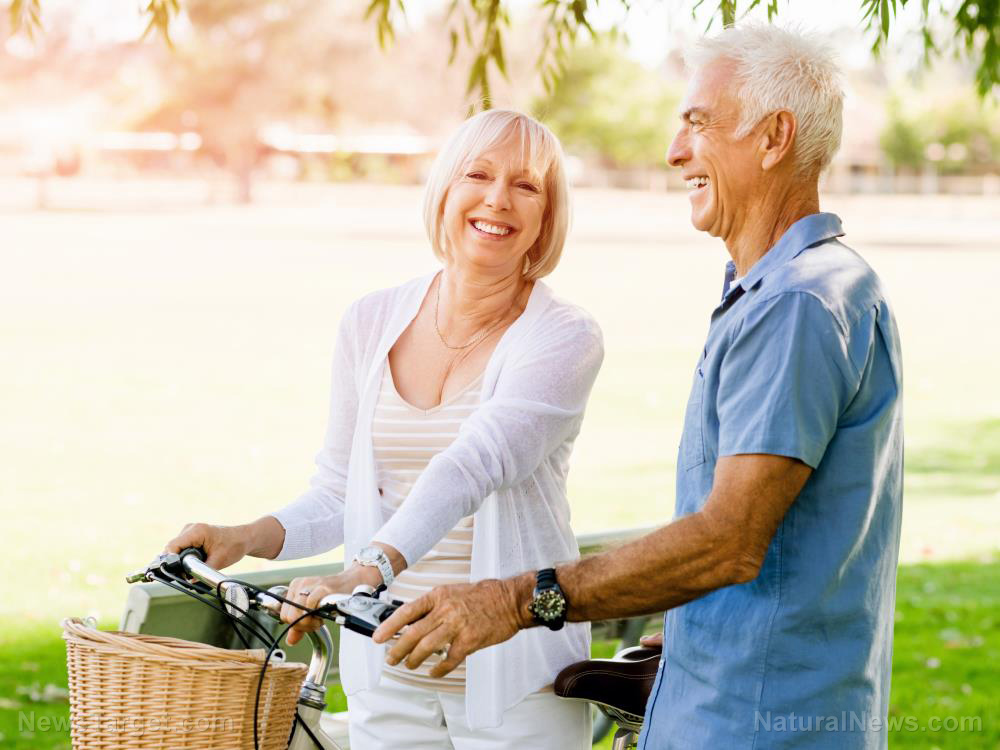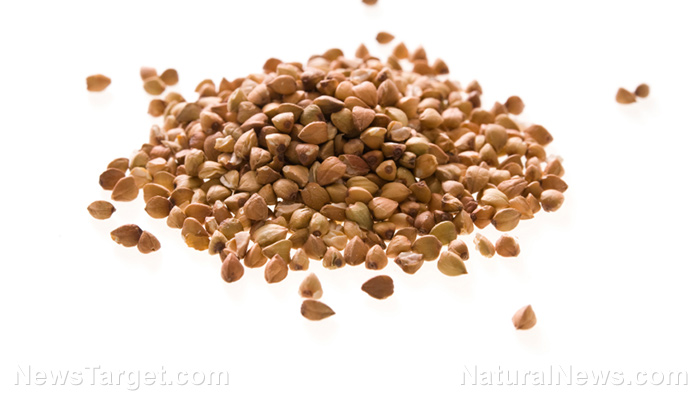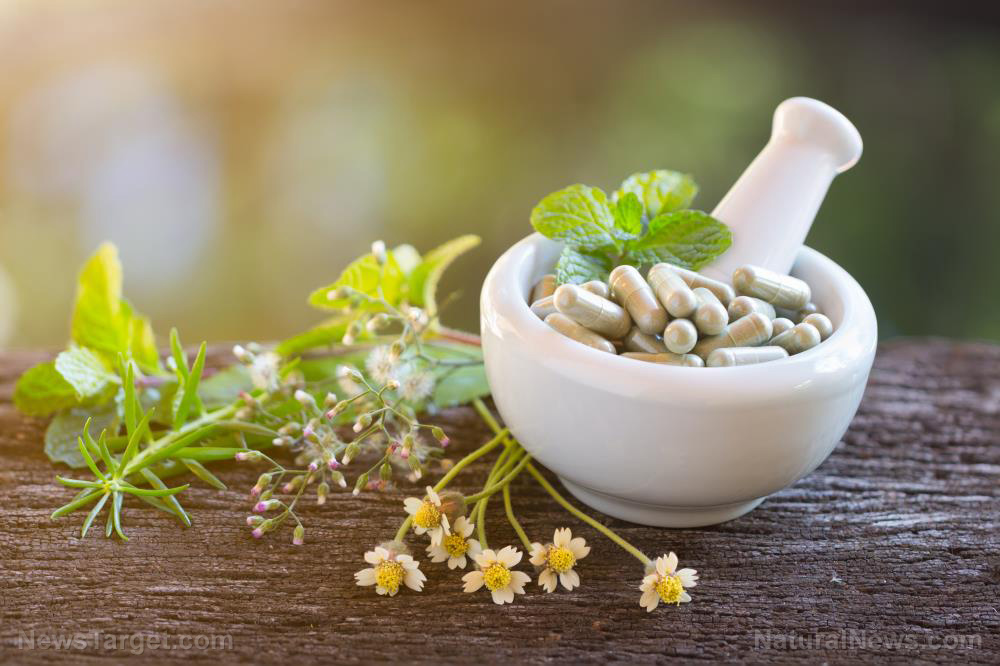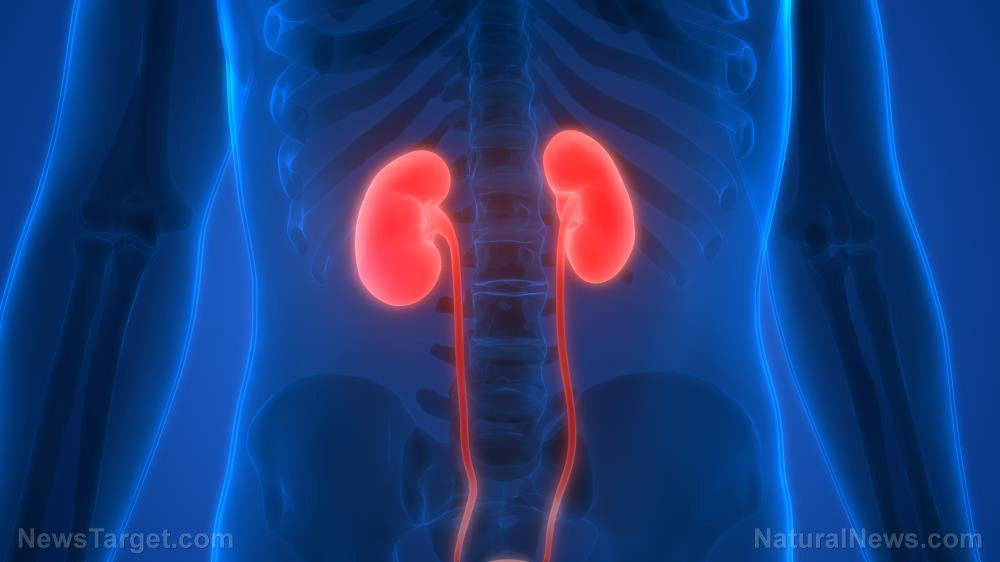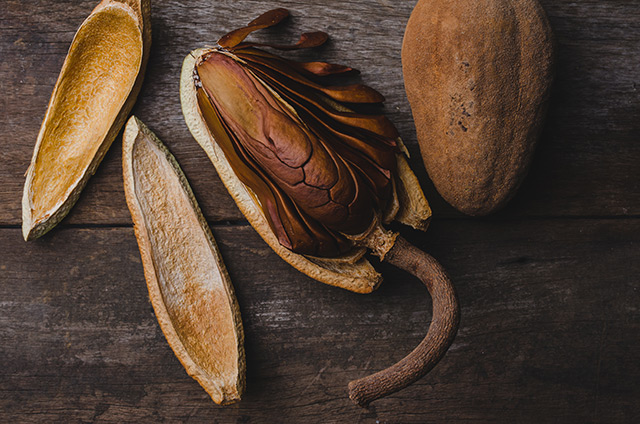Infection of surgical sites can be prevented effectively with Ayurveda management instead of antibiotics: Case study
10/31/2018 / By Jessica Dolores

Surgery is a major decision for both the patient and doctor. It’s a complex, drawn-out process that requires utmost care since it often represents a last-ditch effort to save a patient’s life. Surgery usually comes in when other forms of treatment fail.
Despite growing cases of antibiotic-resistance around the world, surgeons often prescribe these medicines to heal wounds and speed up recovery. Today, however, more patients — and doctors — are opting for alternative treatments to help surgery patients.
One of them is an 83-year-old man named Ojaswi Sharma, who was suffering from acute urinary retention. The retired law professor was suffering from benign prostate hyperplasia (BPH) for many years, but couldn’t take antibiotics because he had a history of intolerance to them. So he decided to turn to Ayurvedic medicines during surgery for urinary retention. His urologist, Dr. Subhash Yadav didn’t give the patient any painkiller after the surgery. Instead, he and his team prescribed Ayuverdic herbs like Indian gooseberry, turmeric, drumstick and gum resin.
The rest, as they say, is history. The surgery — the first of its kind around the world — was successful and groundbreaking. The patient’s long- term recovery was unusually quicker and remarkable.
“The development is indeed a rare feat achieved by the doctors. Surgery is highly dependent on allopathy as of now. Conducting surgery with Ayuvedic support is the beginning of a new era,” Manoj Kumar, director of orthopaedics department at Delhi’s Maulana Azad Medical College, said.
Natural healing with Ayurvedic medicine
Need more convincing? These benefits of Ayurvedic medicine might change your mind.
- Cleans the body — Ayurvedic medicine cleans the body from within. Panchakama eliminates toxins that hamper efficient body function. Enemas, oils, and massage therapy supports health by moving toxins from the tissues to the intestines and eliminate them from the body.
- Fights stress and anxiety — Meditation, yoga, herbal treatments, and breathing exercises help fight stress and anxiety. A medical research review at St. Elizabeth’s Medical Center in Massachusetts revealed that after 35 trials, participants who practiced yoga showed significantly lower levels of stress and anxiety.
- Promote dewy skin — Instead of using chemical-based night creams and lotions, Ayuverda offers natural skin enhancers like cucumber, lettuce, and daikon radish. They’re easier to digest because they have purifying properties and high water content. Exercise, one of the pillars of Ayuverda, keeps joints and muscles toned and helps the body eliminate toxins through sweat. Nuts and seeds are rich in healthy fats and Omega-3, which makes skin glow and lowers inflammation.
- Prevents bloating — Ayurveda corrects poor digestion by eliminating waste buildup. Spices, herbs, and cumin, cardamom, fennel, and ginger can curb indigestion. Chewing cumin and ginger before a meal and improve digestion, and boiling cardamom and fennel in water and drinking it can calm the digestive system and relieve cramps.
- Helps fight insomnia — Ayurveda helps promote restful sleep using simple methods like rubbing jasmine or coconut oil on the scalp or soles of feet, taking a cup of warm almond milk or chamomile tea, or affirming one’s right to enjoy the good things in life.
- Balances hormones — This helps women conceive and have a healthy menstrual cycle that promotes reproductive health.
- Reduces inflammation — Ayurveda rests on the premise that insufficient sleep, poor diet, and inadequate air lead to oxidative stress and inflammation. Ayurveda minimizes inflammation to regulate the heart and digestive tract by expelling waste. Its combination of herbs, and gentle exercise promotes metabolism, and produces antioxidants that lowers inflammation and boosts energy.
Sources include:
Tagged Under: allopathy, alternative medicine, antibiotic resistance, Antibiotics, Ayurveda, Ayurvedic surgery, body detox, breathing exercises, folk medicine, herbal medicine, infections, medical science, natural cures, natural healing, outbreak, stress and anxiety, surgery




